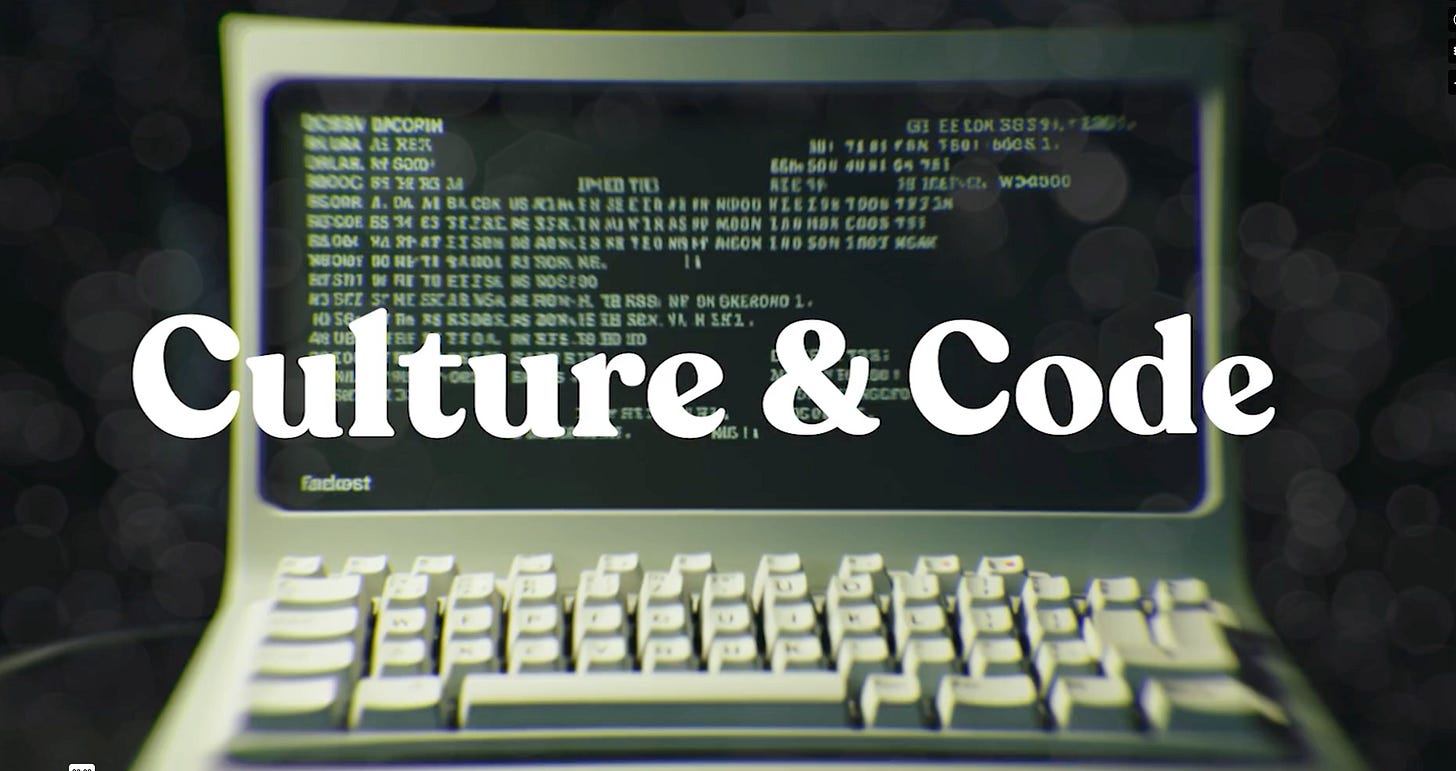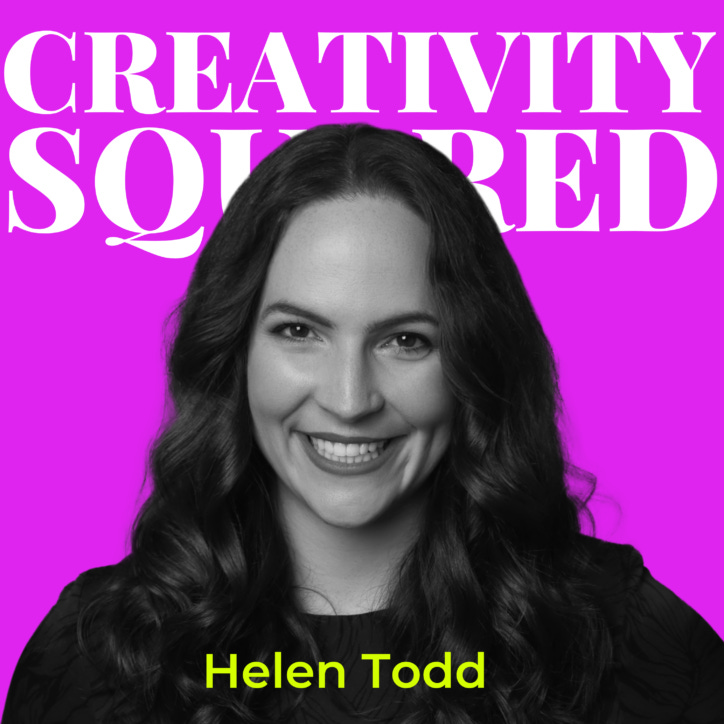This is Culture & Code, a newsletter and podcast about Creativity and Artificial Intelligence. Culture & Code explores innovation across storytelling, technology and audiences to help creative professionals collaborate better with AI and each other.
Will Virtual Humans Replace Websites and Apps?
This month I recorded two separate panels about Virtual Humans for Digital Hollywood’s AI Summer Summit. I’ve banged around the virtual human space since 2016, starting with a presentation called “Augmented Characters: A New Creative Challenge”.
As computer graphics, internet and AI grow more powerful and more integrated, lifelike interactive avatars are poised to become mainstream interfaces for the AI Age. Computer graphics can visualize a compelling character. The Internet can make it accessible to the masses. And AI — especially natural language processing — can bring that virtual character to “life”.
I grew up with Tony the Tiger, Poppin’ Fresh, Snap Crackle Pop and many other fictional mascots as part of daily life. Kids growing up today will form similar relationships with virtual characters. But these mascots will speak back to the end-user as an individual not to mention perform tasks or deliver services directly to them. Put these three elements together and you change people’s relationship with technology.
— John Gauntt with Midjourney
As one designer friend put it, “people don’t want to learn how to use technology. They want to learn how to cast spells.” AI-powered virtual humans will be among the closest people will come to having a real-life familiar in the medieval sense.
While virtual characters can embody the personality of a brand at a richer level, that in itself presents new challenges. Ask a brand about their guidelines, and you’re likely to encounter color palettes, RGB values, design specs for Instagram, web mobile and the like. Ask about the conversational “voice” that embodies a brand, and the discussion becomes far more nuanced.
There’s also the fact that AI-powered characters aren’t 100% predictable. Like early 20th century physicists, today’s technologists can no longer speak in certainties but only in probabilities. Just ask Air Canada, which was forced to honor a refund policy dreamed up by its customer service chatbot. Or McDonalds, which dropped its test case of drive-thru ordering via chatbot after multiple stumbles which included topping ice cream with bacon (possible for some people) or Chicken McNugget orders costing hundreds of dollars (more serious).
The bottom line is that each and every significant innovation creates its own challenges and/or trade-offs to master. My two panels will drill into areas where this innovation/trade-off dynamic is most pronounced: virtual human video + voice interfaces for virtual human interaction. The recordings will air on Wednesday 24 July 12-1250pm EST and 3-350pm EST.
Make sure you register for Digital Hollywood’s AI Summer Summit (online and free).
Exploring AI’s Imagination Age with Helen Todd
This week’s Culture & Code conversation is with fellow podcaster Helen Todd, host of Creativity Squared. Helen and I connected last year as podcasting voices in the wilderness of Creative AI. Helen organizes and hosts Cincinnati's largest AI professional meetup, and actively works with Adobe's Content Authenticity Initiative to tackle misinformation and protect the rights of creators in an AI powered world. Helen is an award winning international marketer, speaker, and an advisor for South by Southwest Interactive.
“We're leaving the information age and we're entering the imagination age. The value of ideas becomes even more prevalent”
— Helen Todd, Host of Creativity Squared quoting Claire Silver
Here are some takeaways from our conversation:
1. 🤖 AI is revolutionizing creativity, allowing people to make content they never could before. It's democratizing creative tools and opening up new possibilities.
2. 🗣️ Digital clones are an emerging technology. Helen has her own AI clone that can speak 28 languages and help with content creation.
3. 🎨 The shift from the information age to the "imagination age" means ideas and taste may become more valuable than technical skills in creative fields.
4. 🔐 Tracking content authenticity is crucial as AI advances. Initiatives are working to help verify the origin and manipulation of digital content.
5. 🌟 South by Southwest 2024 had a major focus on AI, with generally positive discussions about its creative potential alongside some concerns about ethics and bias.
Check out the full conversation on our website. Also available on iTunes, Spotify, Amazon Music, and Podbean.
“We've had the Biden robocall situation. It becomes even more critical and urgent to be able to understand what's been manipulated by AI,what's authentic and real content.”
— Helen Todd, speaking about The Content Authenticity Initiative
AI Tools of the Week (AI or Not?)
AI Voice Detector: Authenticate and/or filter out synthetic voices.
Illuminarty: Detect AI generated images on websites and other.
GPTKit: ID and classify text as either human or AI-authored.
Originality AI: Plagiarism detector and fact checker.
Copyright Checker: ID and mitigate copyright risks for social media content.
NOTE: AI Tools of the Week by Culture & Code is an information service only. Use at your own risk.
Coming Soon to the Culture & Code Podcast & Newsletter
1.) An interview with one of Spain’s top fashion photographers and AI Artists.
2.) A conversation about virtual humans and creative content with an industry leader.








